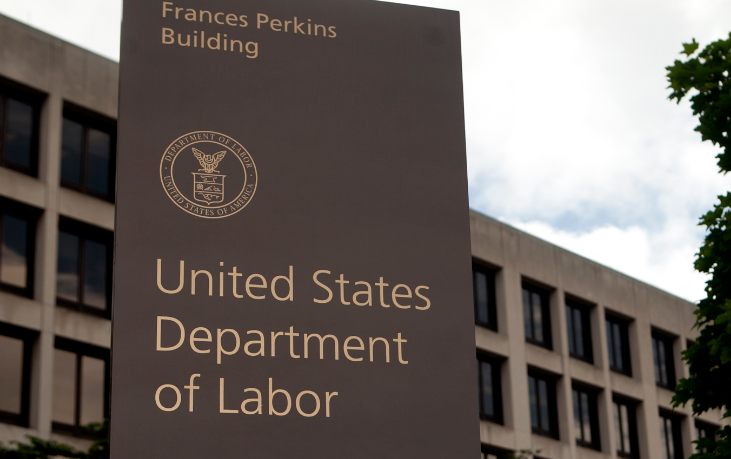Background
The federal Fair Labor Standards Act (FLSA) guarantees minimum wages and overtime pay at a rate of not less than one and one-half times the employee’s regular rate for hours worked over 40 in a workweek. These protections extend to “non-exempt” workers.
On April 23, 2024, DOL updated the regulations issued under the FLSA revising the exemption from minimum wage and overtime pay for executive, administrative, professional, outside sales, and computer employees. The exemption, which is referred to as the FLSA’s “EAP” or “white collar” exemption, provides that to be considered exempt, employees must meet certain minimum tests related to their primary job duties and be paid on a salary basis at not less than a specified minimum amount. Since 2019 the standard salary level required for exemption has been $684 a week ($35,568 for a full-year worker). The modified DOL rule includes two-tiered increases to the minimum salary threshold and the threshold for highly compensated employees (HCE) as well as automatic updates to both thresholds. The minimum salary threshold will be increased to $43,888 on July 1, 2024, and then to $58,656 on January 1, 2025. This represents a nearly 65% increase over the current threshold.
Starting July 1, 2027, salary thresholds will update every three years, by applying up-to-date wage data to determine new salary levels. These salary levels will be pegged to the 35th percentile of weekly earnings of full-time salaried workers in the lowest wage Census region.
Overtime Rules Modifications Summary
Highlights of several, but not all, of the noteworthy changes to the DOL overtime rules are summarized below:
-
Salary threshold subject to overtime pay is set to $43,888 effective July 1, 2024, and then to $58,656 effective January 1, 2025.
-
Up to 10% of the new OT obligation can be met using bonus, commission and other incentive compensation.
-
Using macroeconomic wage data, the threshold will automatically adjust on a three-year cycle beginning in July 2027; employers will have 150 days to comply with the new threshold after publication of the new salary level in the Federal Register.
-
The new overtime rule does not change existing standard duties test, i.e. the new rule is NOT intended to affect the definitions of exemptions (executive, administrative and professional).
Understand the New Rules
Staying informed about federal overtime rule changes is crucial for your agency operations. This includes understanding the details, definitions, how the rule will be put into practice, and the deadlines for compliance.
We’ve also included some resources to help you get up to speed quickly.
The Department of Labor Wage and Hour Division published the rule on 4/23/2024, and it is available to download here.
Supplemental information is available at the links provided below:
The new overtime regulations are complex. To ensure your agency’s policies and pay practices comply with new requirements in statute, it’s wise to involve legal counsel and experts in employee compensation.
Develop Your Agency’s Plan for Implementing the New Overtime Rules
The new overtime rules apply to virtually all U.S. businesses. The modified overtime pay rules could potentially have a significant impact on your agency’s operations, particularly if your agency is located in lower cost regions, such as the South or Midwest.
In the weeks ahead, the 4A’s will be releasing a white paper to assist members in developing strategies for complying with the new overtime rules. This paper will explore a comprehensive range of factors you should consider when crafting your agency’s implementation plan.
Agencies are urged to promptly initiate pay analyses, policy modifications, implementation processes, and employee communications that are necessary to comply with the updated DOL overtime pay rules.
The 4A’s will be organizing community sessions to facilitate information sharing and member discussion of operations considerations associated with the new rules. Stay tuned for notices relating to committee, council and forum meetings that will include discussion on the new DOL overtime pay rules. The association is also organizing a webinar that will include subject matter experts sharing their knowledge and suggestions with 4A’s members.
For additional information and updates on the overtime rules change visit our 4A’s Overtime Rule Advocacy Page.
Questions about the modified Overtime Rules can be directed to Alison Pepper, 4A’s EVP of Government Relations & Sustainability.




